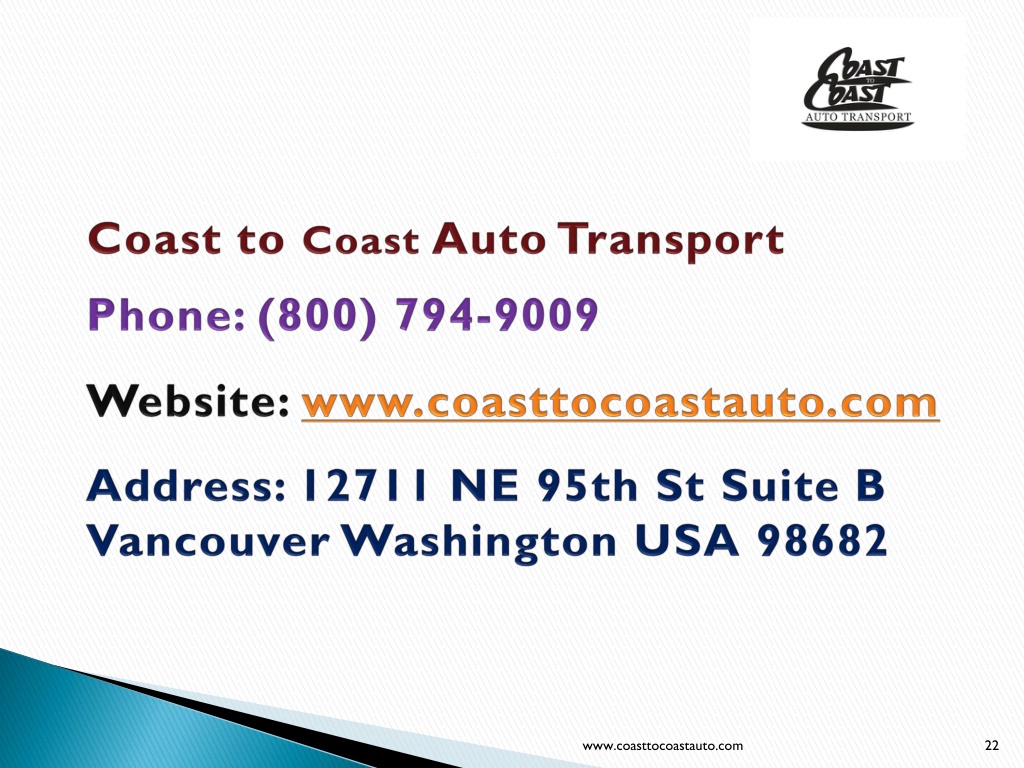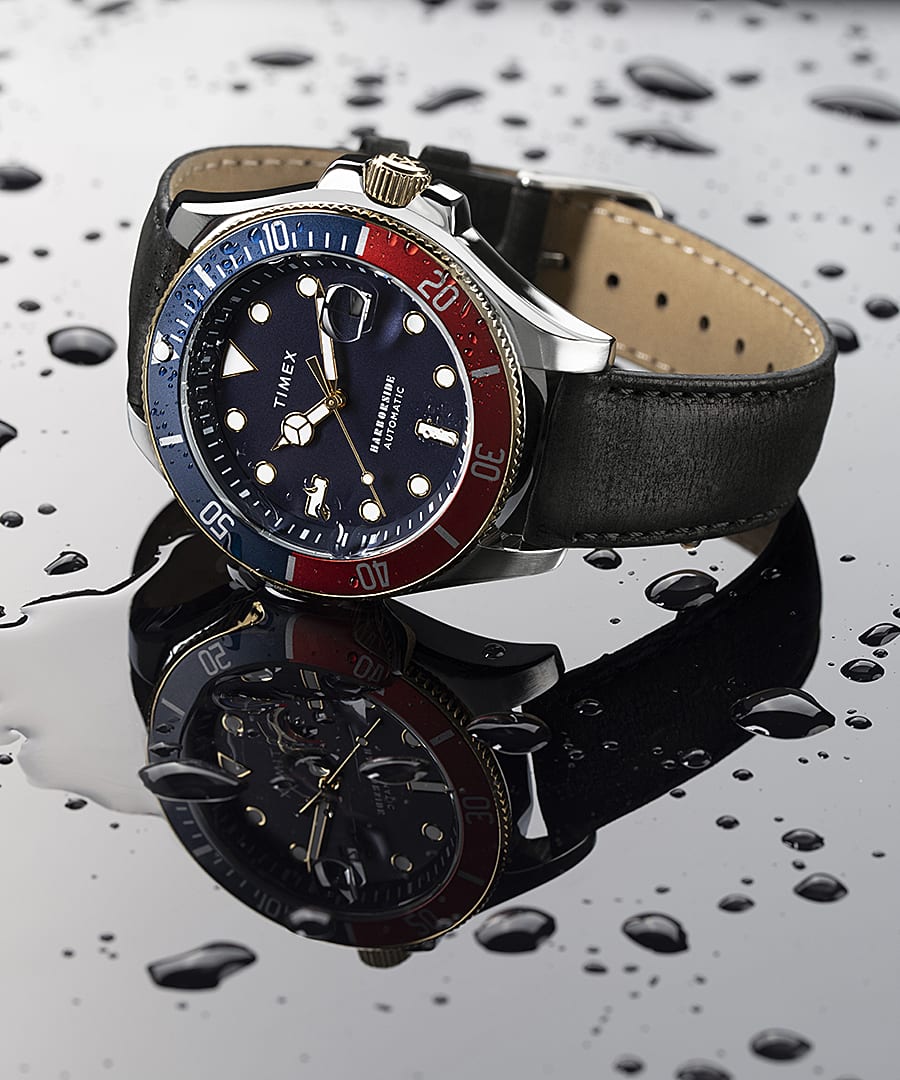Unbelievable Info About How To Coast In Automatic
Hundreds Step Out To Support Walk End Alzheimer’s Space Coast
Understanding "Coasting" in Your Automatic Car
1. What is Coasting Anyway?
Let's get one thing straight right off the bat: "coasting," in the context of an automatic transmission car, isn't quite the same as, say, coasting down a hill on your bicycle. We're not talking about disengaging the engine entirely. Instead, it refers to a driving technique where you essentially let off the gas pedal and allow the car to maintain its momentum without actively accelerating.
Think of it like this: you're cruising along, maybe heading towards a red light or slowing down for traffic. Instead of slamming on the brakes (which is rarely a good idea unless absolutely necessary!), you simply lift your foot off the accelerator. The car continues to roll, using its own inertia to keep moving. That's coasting.
Now, automatic transmissions are complex beasts. They're designed to manage the engine's power and deliver it to the wheels in a way that's (usually) smooth and efficient. When you coast, the transmission is still engaged, but it's often in a higher gear, using less fuel than if you were actively accelerating or braking. It's a delicate dance between the engine, the transmission, and the road.
But here's the million-dollar question: is it actually a good idea to coast in an automatic car? Well, that's where things get a bit more nuanced, and we'll dive into that shortly. Some swear by it as a fuel-saving method, while others warn of potential risks. Buckle up; it's going to be a fascinating ride!

Driving On The Gold Coast In Queensland Australia YouTube
The Great Debate
2. Does Coasting Save Gas?
The burning question on everyone's mind! Can coasting actually help you squeeze more miles out of a gallon of gas? The answer, surprisingly, is maybe. In certain situations, it can improve fuel economy, but it's not a guaranteed magic bullet.
Modern cars with fuel injection and engine management systems are pretty clever. When you lift your foot off the accelerator while still in gear, many of them enter what's called "deceleration fuel cut-off." This means the engine actually stops injecting fuel into the cylinders because the momentum of the wheels is turning the engine over. In this scenario, coasting is essentially free fuel-wise.
However, and this is a big however, if you coast for too long or in certain conditions, the engine might need to inject fuel to prevent stalling or to maintain idle speed. Also, constantly switching between accelerating and coasting can sometimes be less efficient than maintaining a consistent speed.
The key is to be mindful of your driving style and the specific situation. A gentle coast towards a stop light is probably beneficial. But coasting down a long hill in neutral? That's generally a no-no (more on why later).

PPT Top 10 Reasons To Hire An Luxury Car Transport Company PowerPoint
Potential Pitfalls and Safety Considerations
3. Why Coasting Might Not Be the Best Idea
Okay, so we've established that coasting can sometimes save fuel. But it's not all sunshine and roses. There are some genuine safety concerns and potential drawbacks to consider before you adopt this technique wholesale.
The biggest issue is control. When you're coasting, you have less immediate control over your vehicle. You're relying solely on the brakes to slow down or stop, and you don't have the engine's power available to accelerate out of a tricky situation. This can be particularly dangerous in emergency situations or in slippery conditions like rain or snow.
Another potential problem is increased wear on your brakes. If you're constantly relying on your brakes to slow down instead of using engine braking, you'll likely wear them out faster, leading to more frequent (and costly) brake jobs. Engine braking is when you downshift to use the engine's resistance to slow the car down, reducing the load on the brakes.
Finally, it's important to understand the difference between coasting in gear and coasting in neutral. Coasting in neutral is almost universally discouraged in automatic cars. It can potentially damage the transmission and deprives you of any engine braking whatsoever. Stay away from neutral unless you're actually stopped!

Timex Harborside Coast Automatic TW2V72200 Halifax Watch Company
Coasting Techniques
4. How to Coast Effectively (and Safely)
Alright, you're still interested in coasting? Great! Let's talk about how to do it effectively and, most importantly, safely. Remember, the goal is to save a little fuel without compromising your safety or the longevity of your car.
The best approach is to be smooth and anticipatory. Look ahead and anticipate changes in traffic flow. If you see a red light or slowing traffic, gently lift off the accelerator well in advance and allow the car to coast naturally. Avoid sudden or jerky movements.
Use engine braking when appropriate. Downshifting (if your car allows it in automatic mode) can help slow the car down and reduce the need for heavy braking. This is particularly useful on downhill stretches.
Pay attention to your car's behavior. If you notice any unusual noises or sensations while coasting, stop immediately and have it checked by a mechanic. Don't ignore warning signs!
Ultimately, the decision of whether or not to coast is a personal one. Weigh the potential benefits against the risks and decide what's best for you and your driving style. And always prioritize safety above all else.

Frequently Asked Questions (FAQs) About Coasting
5. Your Burning Questions Answered
Let's tackle some common questions about coasting in automatic cars to clear up any remaining confusion.
Q: Is it okay to coast downhill in neutral in an automatic car?A: Absolutely not! Coasting in neutral can damage your transmission and deprives you of engine braking, making it much harder to control the car.
Q: Will coasting void my car's warranty?A: Probably not, unless you're engaging in extremely reckless or abusive driving habits. However, it's always a good idea to consult your car's owner's manual and check with your dealer if you have any concerns.
Q: Does coasting work with all automatic transmissions?A: While the general principles apply to most automatic transmissions, the effectiveness of coasting can vary depending on the car's make, model, and year. Newer cars with more sophisticated engine management systems tend to be more efficient at deceleration fuel cut-off.
Q: What about hybrid cars? Does coasting apply to them?A: Hybrid cars often have regenerative braking systems that capture energy when you decelerate, making coasting even more efficient. The car's computer manages the energy flow, so you don't need to think about it as much, just drive smoothly!
